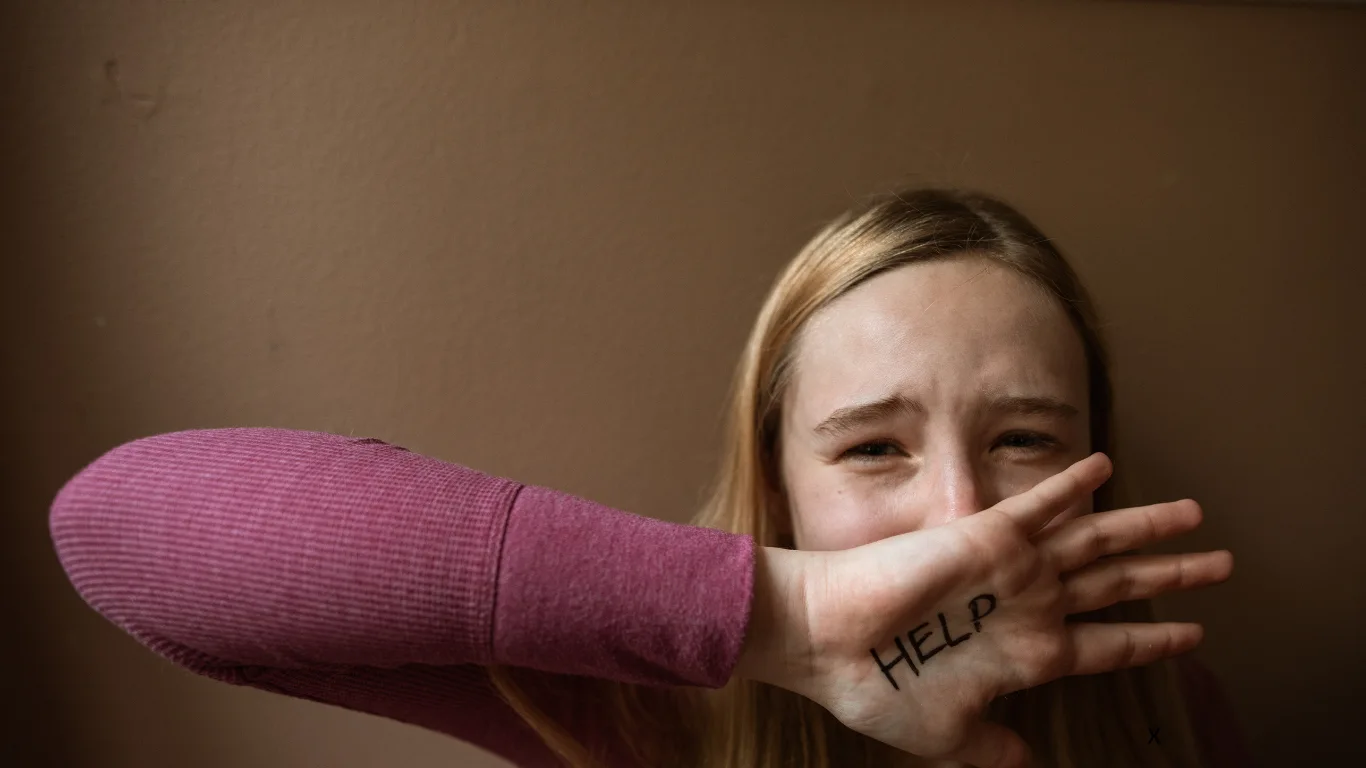The Truth About Sexual Battery and Its Strong Impact to People

Sexual battery charges flip your world upside down faster than you can blink. These accusations not only threaten your freedom but also damage your reputation, relationships, and future opportunities. Understanding what you’re up against helps you fight back effectively.
What Exactly Are We Talking About Here?
People constantly wonder, “What is sexual battery?” when they hear these terms thrown around. Honestly, the law gets confusing with all its technical language. Basically, we’re talking about touching someone sexually when they didn’t want it to happen. The whole thing comes down to whether the person said yes or no—that’s what ultimately decides everything.
This crime is distinct because it involves actual physical contact. You can’t argue your way out of it easily. Something either happened physically or it didn’t. The person either agreed to it beforehand, or they absolutely didn’t.
Sexual Battery Vs Sexual Assault
The difference between these two cases confuses a lot of people, and rightfully so. Sexual assault includes things like making threats or trying to intimidate someone into sexual acts. Sexual battery means someone actually touched intimate parts of another person’s body without permission.
On the other hand, courts treat aggravated sexual battery as the most serious version. It happens when additional factors are present – weapons, serious injuries, or vulnerable victims. The penalties jump dramatically with aggravated charges.
What You’re Looking At If Convicted
A sexual battery charge brings life-changing consequences. Prison time ranges from a few years to decades, depending on the circumstances. Maryland doesn’t mess around with these cases – sentences tend to be harsh across the board.
But jail time isn’t your only worry. You’ll face massive fines, mandatory counseling, and registration requirements. Your domestic violence history might also come into play if it exists.
The financial hit extends way beyond court costs. Legal fees, civil lawsuits, and lost income create enormous burdens. According to the U.S. Department of Justice, “sexual assault affects millions of people each year,” highlighting how widespread these cases have become.
The Most Extreme Category
Capital sexual battery is as bad as these charges get. This happens when someone commits the crime in particularly brutal ways or targets someone who can’t defend themselves. Many states save this charge for cases where kids are involved.
If you’re convicted of this charge, you could spend the rest of your life behind bars. So, you need a lawyer who knows what they’re doing. One wrong move can destroy everything you’ve worked for.
Breaking Down the Differences
People mix up sexual battery vs rape all the time. Rape usually means penetration happened. Sexual battery covers unwanted touching that doesn’t go that far. Both will land you in serious trouble, but your lawyer has to handle them differently.
Here’s something that makes things even trickier – every state writes these laws differently. Maryland might call something sexual battery while Virginia calls it something else entirely. That’s why you need someone who practices right here and knows exactly how Maryland courts work.
Prison Time Reality Check
Sexual battery jail time varies wildly based on multiple factors. First-time offenders might face several years, while repeat offenders could get decades. The specific circumstances, evidence quality, and your criminal history all influence what the judge decides.
Maryland’s sentencing guidelines give judges plenty of discretion. Mitigating factors might reduce sentences while aggravating circumstances increase penalties. Experienced criminal defense attorneys know how to present favorable factors effectively.
The Ripple Effect Nobody Talks About
Sexual battery charges devastate entire families, not just defendants. Kids lose parents to prison, spouses face financial ruin, and extended family members deal with social stigma. The federal court system recognizes these broader impacts during sentencing.
Employment opportunities vanish even before conviction. Professional licenses get suspended or revoked. Housing applications get rejected routinely. The social consequences often prove more devastating than legal penalties.
Getting the Help You Need Right Now
When you’re staring down sexual battery charges, everything you care about is on the line. You can’t afford to hire just any lawyer—you need someone who understands the seriousness of this situation. These accusations can wreck your career, your family, and your reputation forever.
At Britt Criminal Defense, we’ve helped plenty of folks on Maryland’s Eastern Shore beat sexual battery charges. We know how scary these situations feel, and we’re not going to let prosecutors steamroll you.
Don’t wait another minute to protect yourself. Call (443) 944-5705 or visit our contact page to schedule your consultation.



